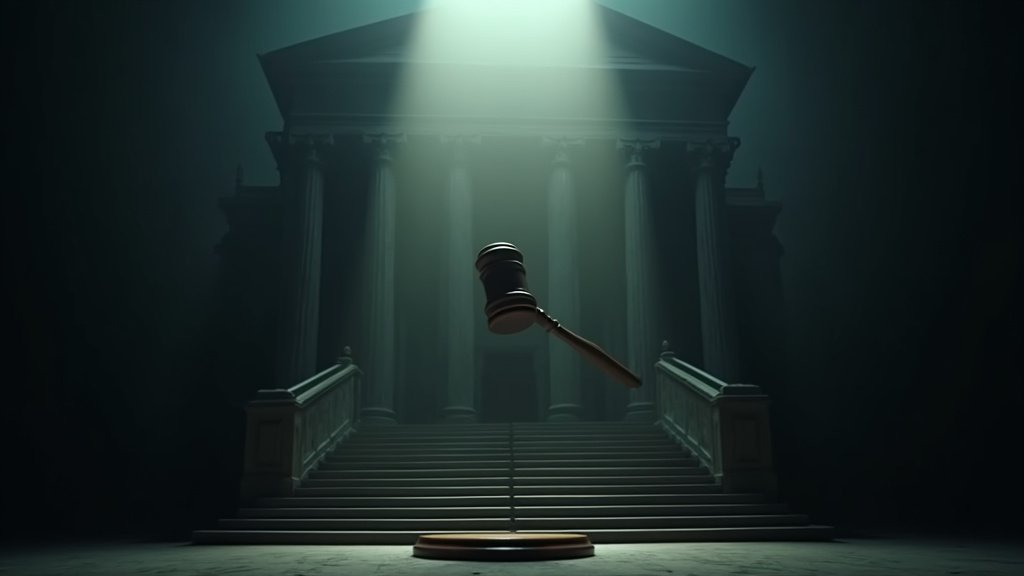In a significant development for public education in the Lone Star State, the Texas Education Agency (TEA) has launched a statewide investigation into educators accused of posting or sharing “reprehensible and inappropriate” content on social media following the assassination of conservative activist Charlie Kirk. The agency’s directive, spearheaded by TEA Commissioner Mike Morath and publicly supported by Governor Greg Abbott, signals a firm stance against online commentary deemed to celebrate or condone violence, marking a trending topic in Texas news.
TEA Launches Broad Investigation into Educator Conduct
Commissioner Mike Morath issued a letter to public school superintendents across Texas on Friday, September 13, 2025, announcing the TEA’s intention to investigate teachers and school staff members whose social media activity has come under scrutiny. The investigation centers on posts made in the wake of the September 10, 2025, assassination of Charlie Kirk, a prominent 31-year-old conservative activist and co-founder of Turning Point USA. Morath stated that such conduct could constitute a violation of the Texas Educators’ Code of Ethics. He emphasized that any documentation of educators who “proliferated such vile content” would be referred to the TEA’s Educator Investigation Division for thorough review. Each instance will be assessed to determine if sanctionable conduct has occurred, with the potential for disciplinary actions that could affect educators’ professional licenses.
Governor Greg Abbott amplified the TEA’s message by sharing Commissioner Morath’s letter on social media, underscoring the state’s commitment to upholding professional standards within its educational institutions. The agency has also encouraged the public to report any observed inappropriate content through the TEA’s dedicated Misconduct Reporting Portal, aiming to ensure a swift and comprehensive response to transgressions.
The Charlie Kirk Assassination and Social Media Fallout
Charlie Kirk was fatally shot while delivering a speech at Utah Valley University in Orem, Utah, as part of his organization’s “American Comeback Tour.” The assassination sent shockwaves across the nation, eliciting a wide spectrum of reactions on social media. While many expressed condolences and condemned the violence, a notable segment of online commentary, particularly from those critical of Kirk’s political stances and rhetoric, included posts that were perceived as celebratory or dismissive of his death. This divide has become a focal point of national discussion and has directly impacted the Texas education system.
Authorities identified 22-year-old Tyler Robinson as the suspect in Kirk’s assassination, who has since been taken into custody. The motive, according to reports, stemmed from Robinson’s alleged dislike of Kirk and his views.
Educators Face Immediate Consequences Across Texas
Even before the TEA’s statewide directive, several Texas school districts had already taken swift action against employees for their social media reactions to Kirk’s death. The Klein Independent School District near Houston announced the immediate termination of an employee for making “senseless and completely unacceptable remarks” about the assassination. Similarly, Dickinson ISD and Pasadena ISD publicly denounced comments made by their employees. A graduate student serving as a student teacher for Midway ISD in Waco was reportedly removed from their position after allegedly posting a comment that appeared to mock the incident.
In the Houston area, Goose Creek CISD and Pasadena ISD issued statements addressing “inappropriate and insensitive” comments made by staff members, with one teacher reportedly questioning if Kirk’s death was a consequence of his actions and if his victim status would differ if he were “Black or brown or a Democrat influenced.”
Free Speech vs. Professional Conduct: A Contentious Debate
The TEA’s investigation and the subsequent disciplinary actions have ignited a contentious debate regarding educators’ rights to free speech versus their professional responsibilities. The Texas chapter of the American Federation of Teachers (Texas AFT) has strongly criticized the TEA’s initiative, labeling it a “political witch hunt” aimed at silencing dissent among educators who may disagree with Kirk’s viewpoints. Union officials argue that investigating teachers for exercising their First Amendment rights outside of their official duties could lead to the “purging of civil servants” and suppress differing opinions.
Commissioner Morath, however, stressed that while free speech is a fundamental right, it does not provide “carte blanche authority to celebrate or sow violence against those that share differing beliefs and perspectives.” He highlighted that Kirk was a husband and father, underscoring the human element of the tragedy and the need for respect, even in political discourse.
Legal precedent, such as the Supreme Court’s 1968 ruling in Pickering v. Board of Education, generally upholds teachers’ First Amendment rights to comment on matters of public concern. However, this protection can be limited if the speech is so inflammatory that it interferes with the employee’s effectiveness or disrupts the workplace. The TEA’s investigation aims to determine if the educators’ posts crossed this line.
Conclusion: A Developing Story with Broad Implications
The Texas Education Agency’s investigation into educators’ social media conduct following Charlie Kirk’s assassination is a developing story with significant implications for the state’s teaching workforce. While the TEA asserts its duty to uphold ethical standards and prevent the promotion of violence, critics warn against stifling free expression. As the agency reviews each case, the outcome will likely influence how educators’ online activities are monitored and regulated in Texas, potentially setting a precedent for handling similar controversial events in the future. This situation highlights the ongoing tension between personal expression and professional accountability in the digital age, a trending issue of national importance.






